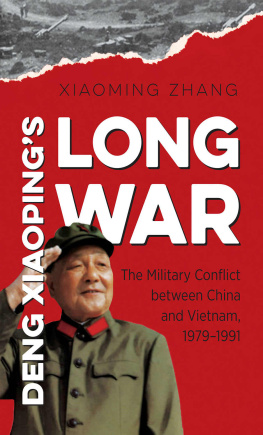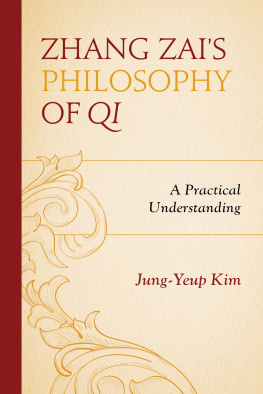A CKNOWLEDGMENTS
I am greatly indebted to the people who have talked to me for this research over the years. They have shared with me the aspirations, desires, frustrations, and perplexities in their lives. They have accommodated my curiosities and ignorance. My special thanks go to my cohorts from high school and college. One managed to get me the opportunity to intern in the dealership. Others introduced to me their friends, schoolmates, and colleagues who became my interlocutors and sometimes friends for this research. They further introduced me to their friends and colleagues. It is in this snowballing process that I realize how powerful alumni networks are among the middle-class social circles.
This book has taken a long time to complete. I am indebted to my advisers and teachers. I would like to thank Helen F. Siu, who has opened the door for me in anthropology and whose continuous whipping (biance) of me has kept me focusing on the manuscript whenever my diverse interests may have drawn me away. I cannot express enough my gratitude to Bill Kelly and Deborah Davis, not just because of their guidance in my research but also because of their support at critical moments in my academic career. My profound sense of gratitude goes to my late adviser, Cai Yanmin, at Sun Yat-sen University in China. She has been the role model for me to pursue my own interests and career despite social pressure. Even when I stumbled along the academic path and lost confidence in myself, she never lost faith in me. It is my pleasure to thank Linda-Ann Rehbun, Kathryn Dudley, Karen Nakamura, Thomas Hansen, and Erik Harms for their advising. My appreciation also goes to Ann Anagnost, Francesca Bray, Maris Gillette, Erik Mueggler, Tim Oakes, Biao Xiang, Robert Weller, and Li Zhang, who discussed my research with me when they visited my home institutions. My sincere thanks also go to Gordon Mattews, who has been nothing but encouraging when I was finishing this manuscript.
I have been lucky to be surrounded by helpful colleagues and friends. They are great companions in my journey in academia. Minhua Ling knows all the challenges and agony I have had in finishing the manuscript. She has read more drafts of the book than anyone else. Without her intellectual and emotional support, the journey would have been more difficult. I give tremendous thanks to Gary McDonough not only for the intellectual exchanges but also his and Cindy Wongs support in different aspects of my life during my time at Bryn Mawr College and beyond. I thank the colleagues who discussed with me my ideas, read and edited my writing, and provided great feedback at different stages of the manuscript: Allison Alexy, Durba Chattaraj, Isaac Gagne, Nana Gagne, Yi Kang, Gonalo Santos, Radhika Govindrajan, Annie Harper, Josh Rubin, Oscar Sanchez-Sibony, Alethea Sargent, Ryan Sayre, Myra Jones-Taylor, and Angelica Torres.
During my field research in Guangzhou, I received help from many different people. The Center for Historical Anthropology in the Sun Yat-sen University provided me institutional support in my fieldwork over the course of my summer visits and one thirteen-month stay. I owe special thanks to Professors Zhiwei Liu and Maybo Ching and the centers staff, Ou Donghong, Chen Zhiling, and Pan Dong, for providing me with an engaging academic environment. Professor Wang Ning and his graduate students in the Sociology Department at the Sun Yat-sen University kindly provided me a chance to explain my project and shared with me their ideas on the topic. In particular, I enjoyed the open conversation with Lin Xiaoshan, whose doctoral dissertation topic overlapped with mine. I would also like to thank the staff at the Guangzhou Municipal Library, the Guangdong Provincial Library, and the Sun Yat-sen University Library for their patience in helping me locate resources.
Different parts of this book have been presented in talks and conferences. My special thanks go to Beth Notar and Joshua Roth, who provided me the opportunity to present my research at the annual meetings of the American Anthropological Association and the Association for Asian Studies when I was a graduate student. Beths invitation for me to give a talk in her class at Trinity College and her continuous encouragement meant a lot to me when I lacked confidence in my writing process. I appreciated the feedback from the audiences when I shared part of this research at Durba Chattarajs writing class at the University of Pennsylvania, the Hong Kong Institute for the Humanities and Social Sciences at the University of Hong Kong, the Department of Anthropology at the Chinese University of Hong Kong, and the Hong Kong Anthropological Society.
I am very grateful to Roger Haydon from Cornell University Press, who has guided me through the publication process. The anonymous reviewers highly constructive comments are very helpful in fine-tuning my arguments and analysis. Gershom Tse has been incredibly patient in fixing my writing in all my publications as I tend to make the same grammar mistakes again and again. The remaining mistakes are my own.
The MacMillan Center and the Council on East Asian Studies at Yale University have generously funded my field research. The Hong Kong Institute for the Humanities and Social Sciences hosted me during my archival research in the University Service Center at the Chinese University of Hong Kong, and its Hang Seng Bank Golden Jubilee Education Fund for Research provided financial support for part of the follow-up research. The Seeding Funding from the University of Hong Kong and the Staff Development Fund from City University of Hong Kong generously supported the writing and editing of the manuscript. Chapter 2 was first published in Modern China 43, no. 1: 3665 and has been adapted for this book.
I always doubt I can express, efficiently and sufficiently, my appreciation for my parents and my brother. Although they do not always understand my work, and sometimes they disagree with my choices in life, they are always there for me. Without their love, patience, and tolerance, none of the accomplishments in my life would have been possible.
I NTRODUCTION
A Mobile Lifestyle, A Middle Way of Living
In the summer of 2016 I visited Mingli in Foshan, an affluent city in the Pearl River delta in South China. Mingli and I had gotten to know each other through a mutual friend in the early 2000s; Mingli had just graduated from college and was an entry-level civil servant at the time. In the years that followed, she rose through the ranks to a middle-level position to be in charge of a department in a government bureau. She also upgraded her car from a Xiali, a Chinese brand of cheap, small cars, to a red Mini Cooper. In the mid-2000s, Mingli married her husband, who ran a design studio in the metropolis of Guangzhou. She gave birth to their son in the late 2000s. A few years after, Minglis family moved from a large gated complex in the suburbs of Guangzhou to another at the center of Foshan so that her son could attend a good public school in the neighborhood. Her husband commuted by car every weekday between Foshan and Guangzhou.


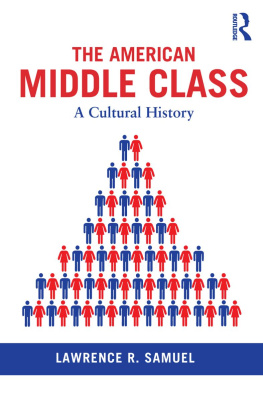
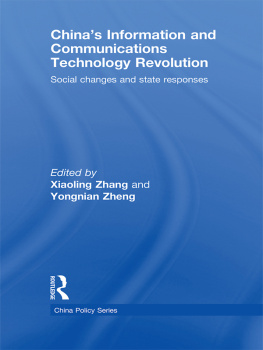
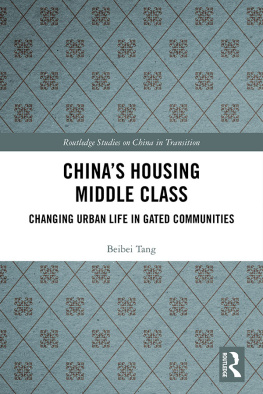
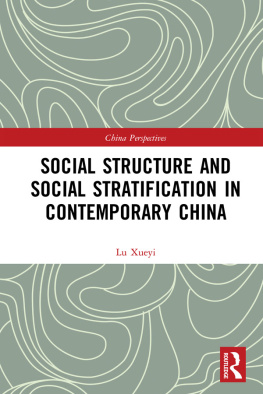
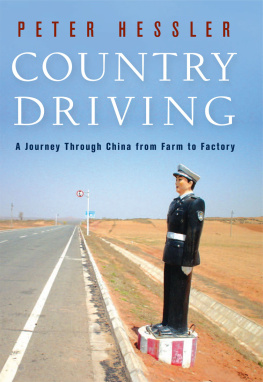

![Zhang Gongzhe [张公者] - Contemporary Chinese Calligraphy [当代中国书法]](/uploads/posts/book/126572/thumbs/zhang-gongzhe-contemporary-chinese.jpg)
